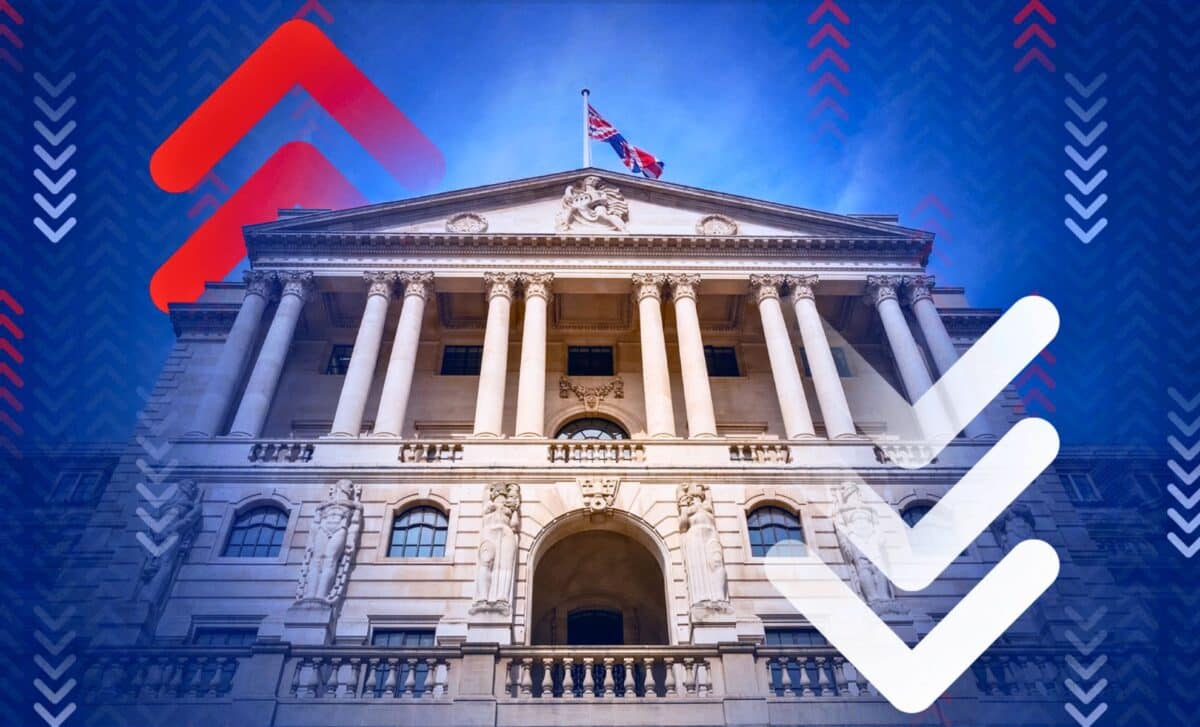Prime Minister Rishi Sunak’s aspirations for a pre-election cut in the Bank of England’s base rate are in danger of being dashed on Thursday.
On Thursday, the Bank’s Monetary Policy Committee (MPC) is expected to vote 7-2 in favour of keeping the base rate at 5.25%.
The expected decision will probably be influenced by the unexpectedly robust state of the economy, combined with continued wage growth.
Taking all these factors into account, it would appear that the current inflation situation does not justify an interest rate cut, indicating that it has not been adequately managed.
Avoiding the Perception of Political Bias
Economists believe that the MPC will avoid changing rates in order to avoid any perception of bias towards the current Conservative government.
Ruth Gregory, deputy chief UK economist at Capital Economics, commented: “Unless there is a clear need for a rate cut, which is not the case at present, it is in the BoE’s interest to remain inactive in order to avoid any unfounded allegations of political motivation.
To combat runaway inflation, the Bank has raised its base rate 14 times in a row, from 0.1% to the current level, unchanged since August.
Market Forecasts for Future Rate Cuts
The general consensus in the markets is that the Bank’s first interest rate cut is likely to come in November, potentially by 0.25%, but there is a group of economists who believe it could be implemented as early as August.
According to Robert Wood, the official data ahead of the August 1 MPC meeting should provide ample justification for a rate cut, even if the expected easing of inflationary pressures occurs at a slower pace.
Wood says we believe the MPC is keen to emulate the European Central Bank’s actions with rate cuts, reinforcing our forecast of a first-rate cut in August.
Economist Ruben Segura Cayuela of Bank of America Europe has recommended that the Monetary Policy Committee (MPC) adopt a cautious interest rate cut strategy, while continuing to anticipate a total of six rate cuts by the end of 2025.
The Office for National Statistics is expected to reveal on Wednesday that consumer price index inflation, measured on an annual basis, fell to the Bank’s official target of 2% in May, down from 2.3% in April.
Later in the week, economists expect the announcement that the government borrowed £15.4 billion last month, compared with £14.3 billion in the same month last year.









